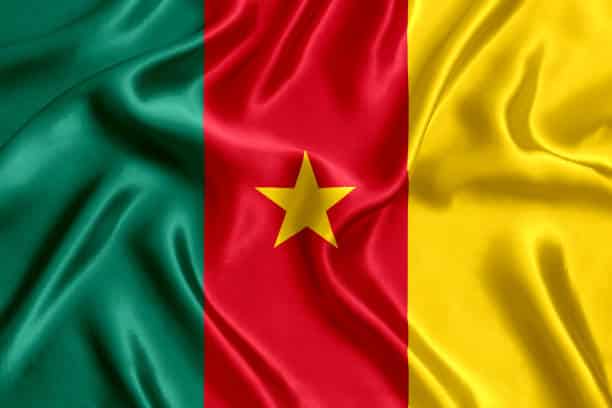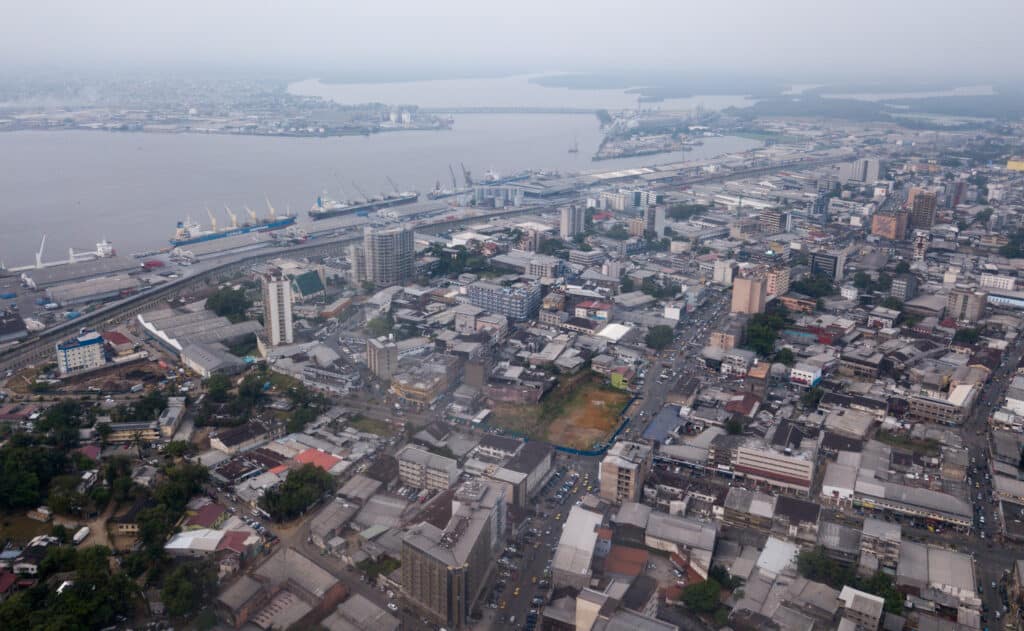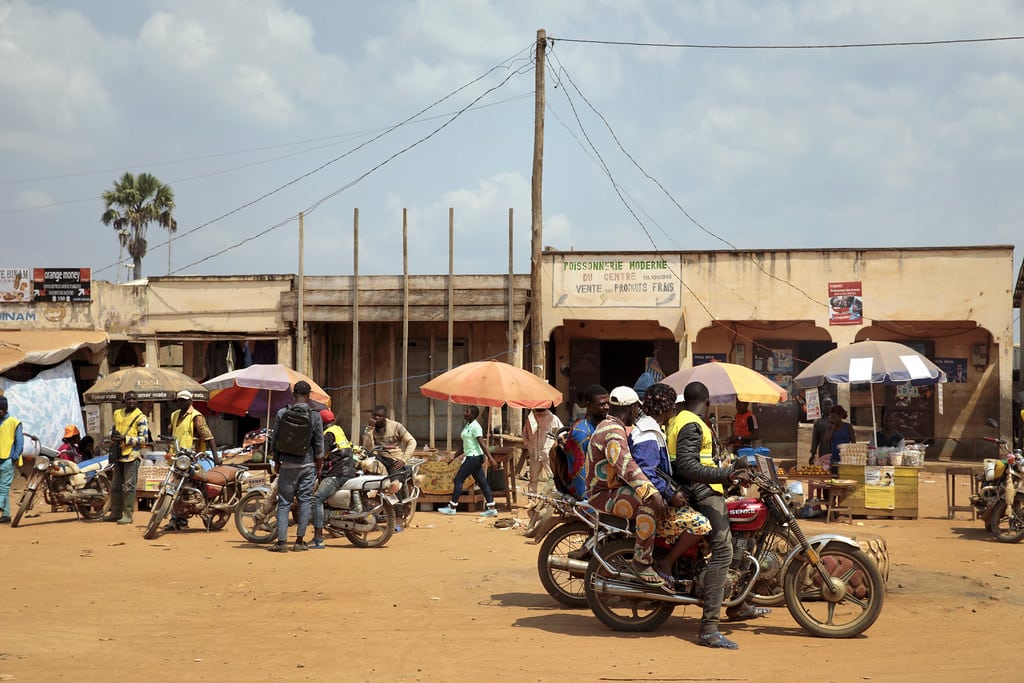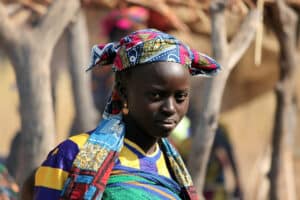Expat financial advisor in Cameron part 1 – that will be the topic of today’s article.
I will compare some of the options available locally, alongside more portable, online, and international options like what we offer.
For any questions, or if you are looking to invest as an expat, you can contact me using this form, or via the WhatsApp function below.
It makes sense to have a portable option as an expat, as opposed to a localized one, and that is something we specialize in.
INTRODUCTION
Cameroon, officially the Republic of Cameroon, a country in Central Africa. Borders Nigeria to the west and north; Chad to the northeast; The Central African Republic to the east; and Equatorial Guinea, Gabon, and the Republic of the Congo in the south. Its coastline is in the Gulf of Biafra, part of the Gulf of Guinea and the Atlantic Ocean. The country is sometimes called West Africa and sometimes Central Africa due to its strategic position at the crossroads between West and Central Africa. Nearly 25 million people speak 250 native languages.

The early inhabitants of the territory included the Sao civilization around Lake Chad and tank hunter-gatherers in the southeastern rainforest. Portuguese explorers reached the coast in the 15th century and named the area Rio dos Camaroins (Shrimp River), which in English became Cameroon.
Fulani soldiers founded the Emirate of Adamawa in the north in the 19th century, and powerful chiefdoms and foundations were established by various ethnic groups in the west and northwest. Cameroon became a German colony in 1884 known as Cameroon. After World War I, it was divided between France and the United Kingdom in accordance with the mandates of the League of Nations.
The Cameroon Population Union (UPC) political party advocated independence but was outlawed by France in the 1950s, leading to the war in Bamilek, which until early 1971 was fought between French and UPC military forces. In 1960, the French-controlled part of Cameroon became independent as the Republic of Cameroon under President Ahmad Ahidjo.
The southern part of British Cameroon merged with it in 1961 to form the Federal Republic of Cameroon. The federation was liquidated in 1972. The country was renamed the United Republic of Cameroon in 1972 and the Republic of Cameroon in 1984. Paul Biya, the current president, has ruled the country since 1982 after Ahidjo’s resignation; he previously served as prime minister since 1975. Cameroon is governed as a unitary presidential republic.
The official languages of Cameroon are French and English, the official languages of former French Cameroon and British Cameroon. Its religious population is predominantly Christian, with a significant minority practicing Islam, while others adhere to traditional beliefs. It faced tensions from the English-speaking territories, where politicians advocated greater decentralization and even complete division or independence (as in the National Council of South Cameroon). In 2017, tensions over the creation of the Ambazonian state in the English-speaking territories escalated into open war.
A large number of Cameroonians live as subsistence farmers. The country is often referred to as “Africa in Miniature” because of its geological, linguistic, and cultural diversity. Its natural features include beaches, deserts, mountains, rainforests, and savannahs. Its highest point, nearly 4,100 meters (13,500 feet), is Mount Cameroon in the Southwest Region.
The cities with the largest population are: Douala on the Vuri River, its economic capital and main seaport; Yaounde, its political capital; and Garoua. Cameroon is well known for its musical styles, especially Makossa and Bikutsi, as well as its successful national soccer team. It is a member of the African Union, the United Nations, the Commonwealth of Nations, the Non-Aligned Movement, and the Organization of Islamic Cooperation.
Cameroon, known as Africa in Miniature, is home to over 22 million people. More than 230 distinctive languages can be found in the country. Expats can have an unforgettable experience with this charming African pearl.
Healthcare in Cameroon
Cameroon suffers from an acute shortage of skilled health workers. With fewer than two doctors for every 10,000 people, the public health system relies heavily on nurses and midwives and struggles to provide quality health care. In addition to a shortage of staff, public and free hospitals lack modern equipment and facilities to treat many patients.
These problems are largely due to a lack of government spending. About 56% of the country’s total GDP is spent on healthcare. One of the major public health problems is HIV / AIDS, which currently affects about 5% of the adult population.
In order to improve the quality of medical care, a private medical system was introduced in Cameroon. There are now 50 private hospitals in the country that offer a much higher level of service and better-equipped facilities. Foreigners living in Cameroon are strongly advised to purchase international health insurance, which will cover private healthcare costs.

Education in Cameroon
Education in Cameroon is free of charge and obligatory for about six years starting from the age of six. The first stage of education is elementary, followed by a seven-year high school, which is free and optional. About 3% of the national GDP goes to education.
In the far north of the country, where the population is mostly nomadic and families are traditional, school attendance is extremely low. Further south, in cities and towns, attendance is higher. Most public schools offer instruction in English and French. Religion plays an important role in education in Cameroon, and most public schools are based on the Christian faith. There are several international schools in the country. These multilingual educational institutions follow the American school calendar and curriculum and are the most popular choice for expats.
Safety in Cameroon

Cameroon has an extremely high crime rate. It is important to be vigilant with valuables and stay away from problem areas. Foreigners can be particularly at risk of committing a large number of crimes, especially theft, so expats should make sure that car doors are always locked while driving, carry only small amounts of cash, and avoid carrying jewelry or valuables. items such as watches.
It is also important to establish adequate home protection. Burglar-proof metal bars for windows, a secure high-quality lock and burglar alarms are good ways to avoid home intrusions and burglaries that are common across the country.
Two of Cameroon’s major crime problems are looting and armed banditry. Cities that expatriates should avoid are Yaounde, Douala, and Buea, especially alone and on foot. In addition, roads that run close to Cameroon’s borders with neighboring countries, Nigeria, Chad, and the Central African Republic, are particularly prone to a car theft and kidnapping incidents.
Pained by financial indecision? Want to invest with Adam?

Adam is an internationally recognised author on financial matters, with over 336.6 million answers views on Quora.com and a widely sold book on Amazon



